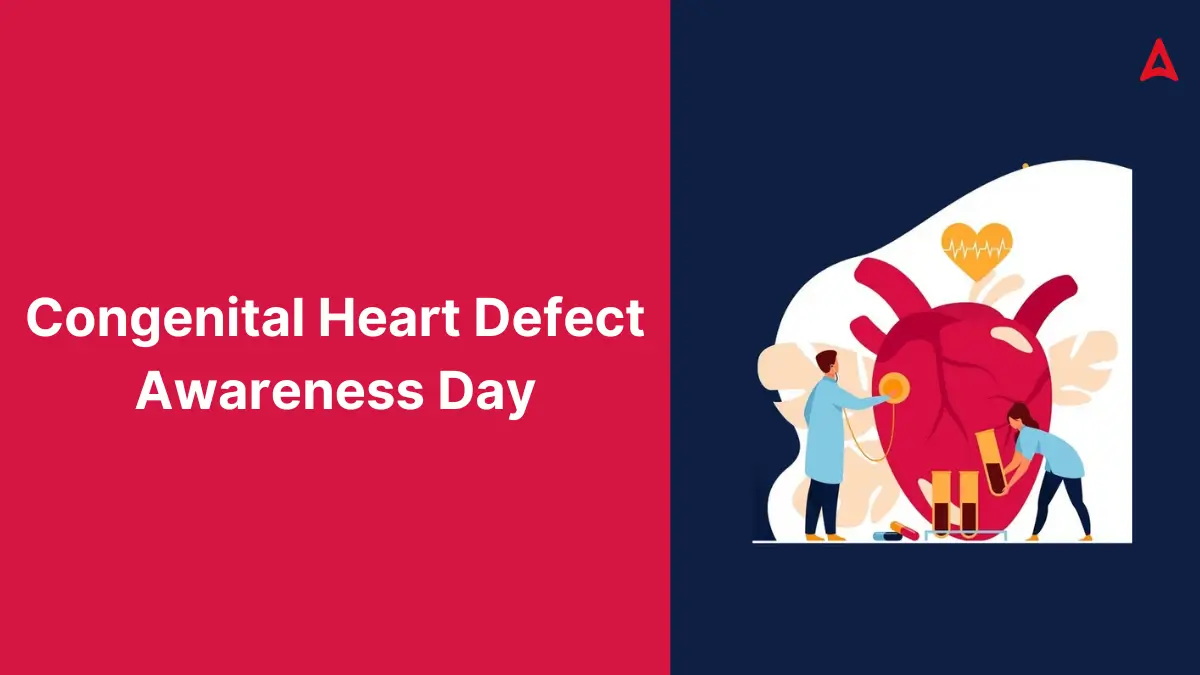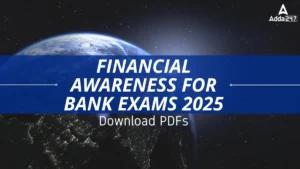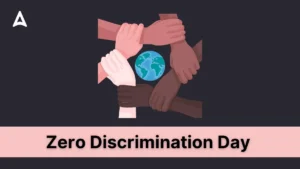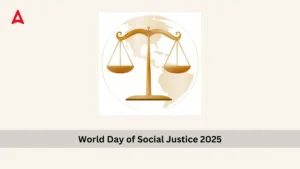Table of Contents
Congenital Heart Defect Awareness Day is observed on 14 February each year. It aims to raise awareness about heart conditions that are present from birth. These conditions affect the structure and function of the heart and can vary in severity. The day is dedicated to educating people about congenital heart defects, supporting affected families, and promoting early detection and treatment options. It is an important occasion to bring attention to this health issue and encourage efforts for better care and understanding.
Congenital Heart Defect Awareness Day 2025 History
Congenital Heart Defect Awareness Day was first observed in 2011. It started to bring more attention to congenital heart defects (CHDs), which are conditions people are born with that affect the heart’s structure and function. These defects can be minor or serious, and many children and adults are affected by them. The day was created to help people understand these conditions better and to encourage early detection, treatment, and support for those living with It. It also gives a chance to honor the medical professionals and researchers working to improve care and outcomes for those affected.
Significance of Congenital Heart Defect Awareness Day 2025
Congenital Heart Defect Awareness Day is important because it helps raise awareness about heart problems that babies are born with. Many people don’t know much about these conditions, so this day helps teach the public how common and serious they can be. It also encourages families to seek early treatment, which can improve the health and future of children with these heart defects. The day helps bring attention to the research and medical care needed to better understand and treat congenital heart defects, making a difference for many people worldwide.
Types of Congenital Heart Defects
There are many types of Congenital Heart Defects some of which we have listed below and have explained them.
- Atrial Septal Defect (ASD): A hole in the wall between the two upper chambers of the heart.
- Ventricular Septal Defect (VSD): A hole in the wall between the two lower chambers of the heart.
- Tetralogy of Fallot: A combination of four heart defects that affect the oxygen supply to the body.
- Coarctation of the Aorta: Narrowing of the large artery that carries blood from the heart to the rest of the body.
- Pulmonary Valve Stenosis: A blockage or narrowing of the valve that controls blood flow to the lungs.
- Transposition of the Great Arteries: The two main arteries in the heart are switched, affecting the flow of oxygenated and deoxygenated blood.
- Hypoplastic Left Heart Syndrome: A condition where the left side of the heart is underdeveloped.
- Atrioventricular Septal Defect (AVSD): A hole in the heart and issues with the valves between the chambers.
| Related Posts |
| Important Days in February 2025 |
| Bank Holidays in February 2025 |




 Financial Awareness for Bank Exams 2025,...
Financial Awareness for Bank Exams 2025,...
 Zero Discrimination Day is Observed Ever...
Zero Discrimination Day is Observed Ever...
 World Day of Social Justice 2025, Theme,...
World Day of Social Justice 2025, Theme,...





